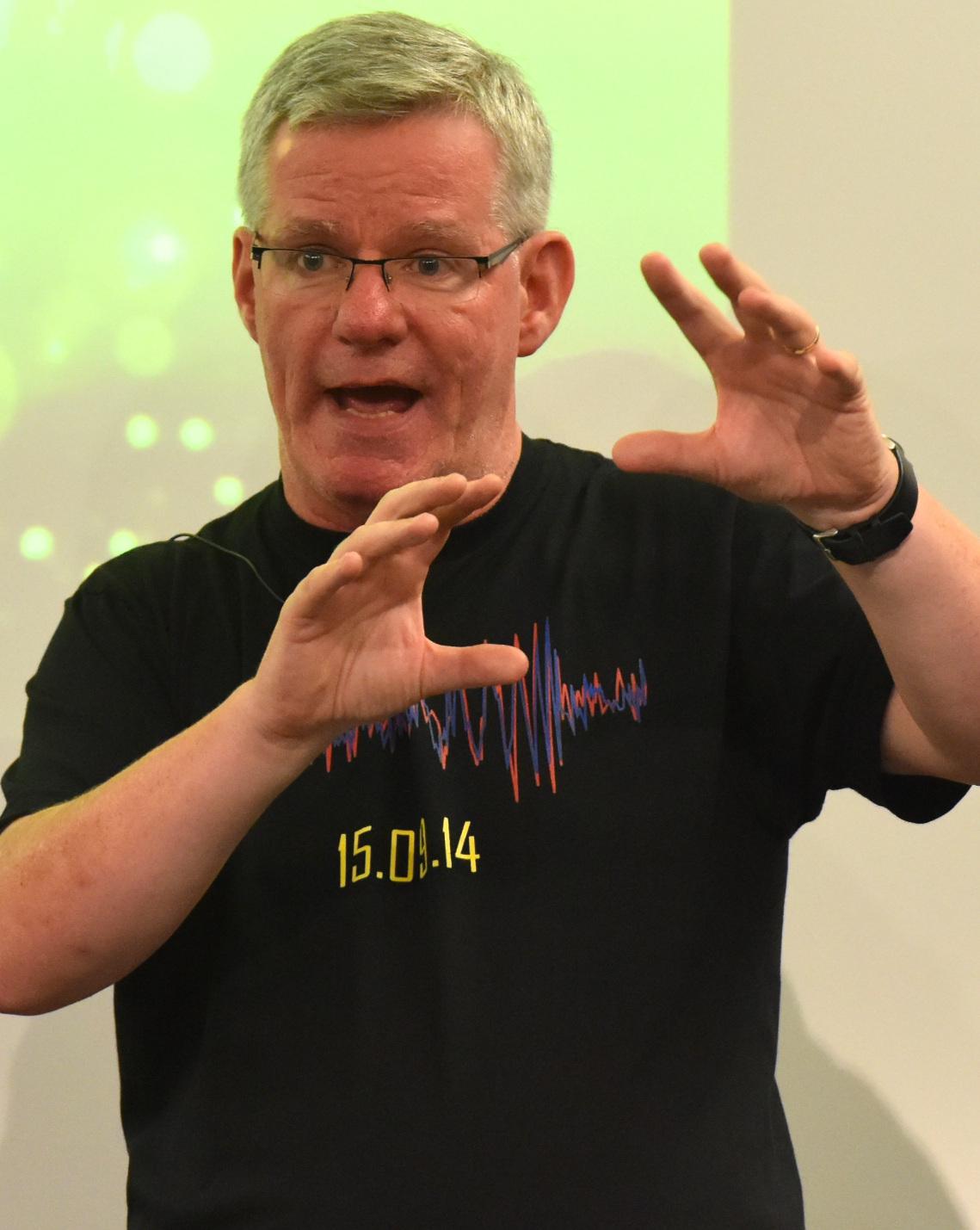Embedding Modern Astrophysics Within The High School Physics Curriculum In Scotland
TalkAstronomy in schools: how do you get your administration and your ministry to listen?
4th Shaw-IAU Workshop
Tuesday Nov. 15, 2022
UTC: 9 a.m. - 9:25 a.m. America/New_York: 4 a.m.- 4:25 a.m.
Wednesday Nov. 16, 2022
UTC: 6 p.m. - 6:25 p.m. America/New_York: 1 p.m.- 1:25 p.m.
For more than a decade the national high school physics qualifications in Scotland have included key units on astrophysics, quantum and particle physics, cosmology and relativity. The focus of these topics has been not so much what scientists have learned, but how they have done so – thus giving students (and teachers!) greater insight into general principles of scientific research, including critical thinking and problem-solving skills. The focus on open-ended enquiry also aligned with the “Curriculum for Excellence”: the comprehensive reform of Scottish education carried out across all subject areas. Here I reflect on the experience of re-vamping the content and principles of high school physics education, in the context of the wider educational reform introduced in Scottish schools.
About Martin Hendry
Martin Hendry is Professor of Gravitational Astrophysics and Cosmology at the University of Glasgow, where he is also Clerk of Senate and Vice-Principal of the University. Martin is a senior member of the LISA Consortium and the LIGO Scientific Collaboration, for which he chairs the LSC Communications and Education Division. His principal research interests are in gravitational-wave cosmology and gravitational lensing. He is a Fellow of the Royal Society of Edinburgh and the Institute of Physics, for which he has currently or recently chaired the Learned Societies Group and IOP Scotland Education Committee respectively.
Watch a recording of this talk (external link)





